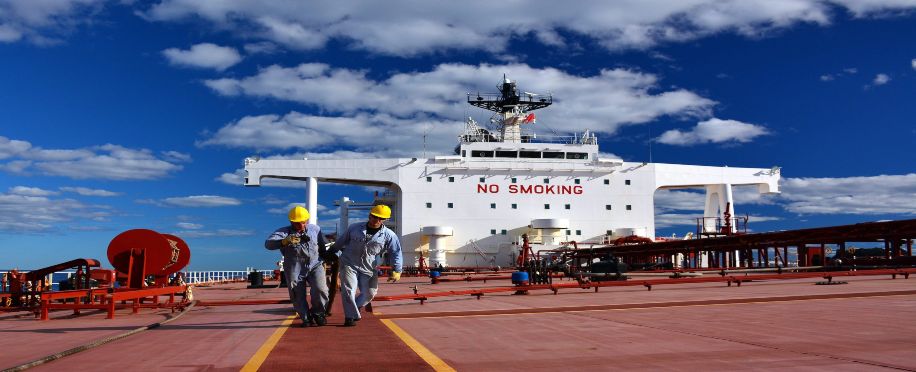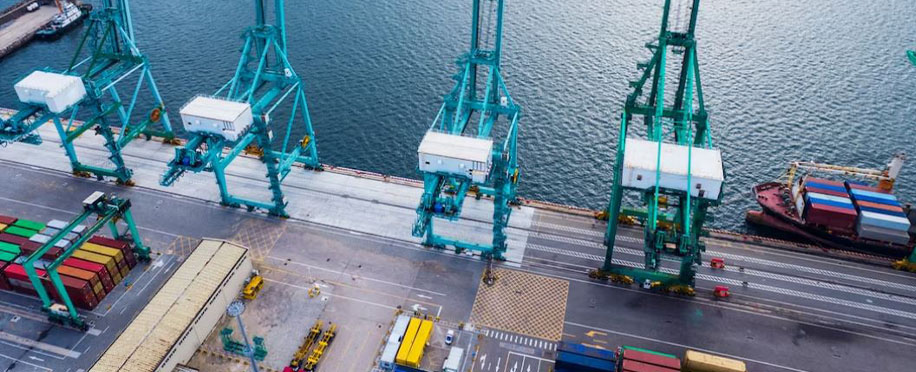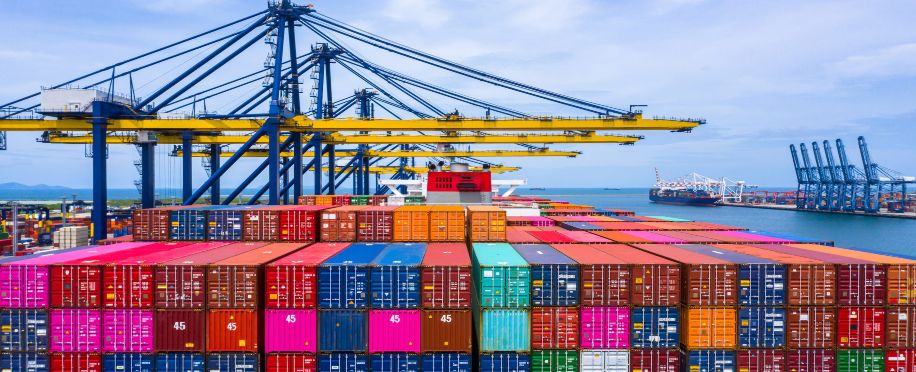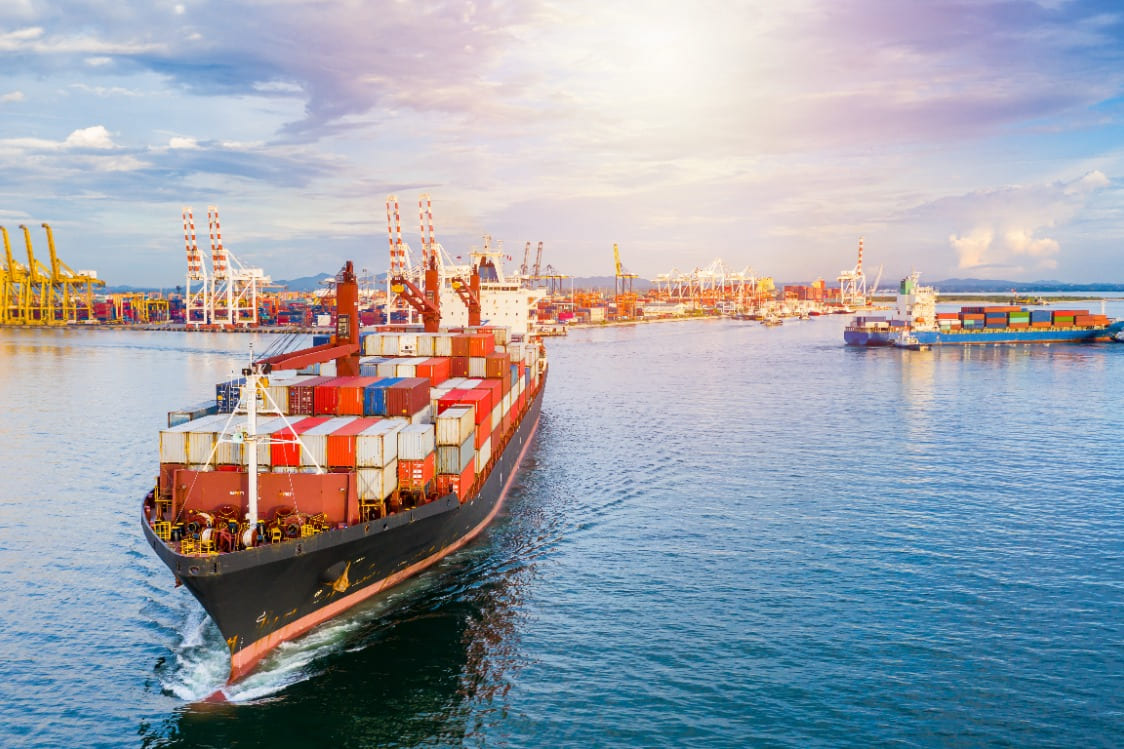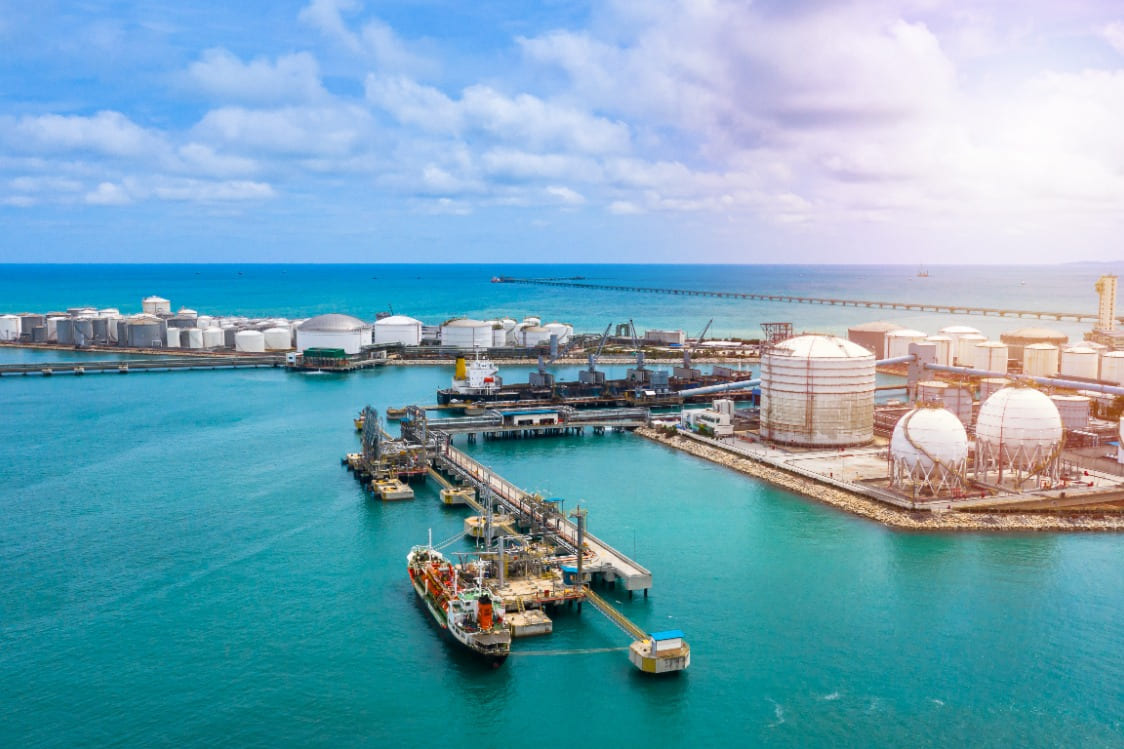Strategic Navigation: Mastering Shipping Route Planning for Efficiency and Profitability

Posted on Feb 29, 2024 at 03:02 PM
When discussing the maritime industry, we are speaking about an industry that controls around 90% of shipping worldwide. Thus, implementing effective shipping route planning is more than necessary to achieve positive outcomes.
Thus, following the best practices in shipping route planning is the most effective way to move cargo and trade while achieving the required results without wasting resources.
In this article, we will share professional information about shipping route planning, the best available practices for shipping route planning, and the benefits of effective maritime route planning.
What Is Shipping Route Planning?
Shipping route planning is used to talk about the process of strategic organisation and optimisation of all maritime transportation routes to achieve efficient transportation of goods by sea.
Moreover, the shipping route planning process covers several points and considerations, including distance, weather conditions, sea currents, port availability, fuel consumption, transit times, and potential risks.
All the included work in the shipping route planning aims to find the most cost-effective and time-efficient routes while ensuring the safety of vessels, passengers, crew, and cargo.
5 Effective Practices for Shipping Route Planning:
With all the advancements happening in the maritime industry every day, there are new techniques, innovations, and practices to improve cargo movements and ship routes to enhance efficiency and safety.
According to professional ship management courses online, these are the most effective practices that can help your maritime business achieve the best possible shipping route strategy:
-
Use the Latest Shipping and Maritime Technologies:
Advanced technologies like GPS, weather forecasting, and route optimisation software are all part of the innovations shaping the future of shipping management. They are often used to aid in this process, helping shipping companies minimise fuel costs, reduce emissions, and enhance overall operational efficiency.
Moreover, these maritime technologies can improve crew and passengers’ safety as they help find and follow the best routes without any dangerous conditions.
-
Consider All Maritime Variables:
It is well-known that marine environment conditions are continuously changing; thus, when planning your shipping route, you need to consider these variables, whether we are discussing weather conditions, port congestions, or marine route safety.
Considering all maritime variables will help you reach your final point without cargo damage and guarantee your ships and crews' safety from dangerous marine circumstances.
-
Provide a Space for Flexibility:
Even when considering everything, there will still be some changing or surprising factors that you cannot control. Therefore, when you plan your shipping route, always keep some space for flexibility.
Moreover, the flexibility point must consider weather conditions, vessel time down, congestion, and other related points.
The point of having a flexibility margin is to help you adjust your shipping route planning without impacting your outcome and timeline.
-
Collect and Analyse Maritime Data:
Shipping route planning is a planning process; thus, to make it successful, you need to have all the required data and then analyse them to make them efficient.
Data collecting and analysing will help you and your team make effective decisions and plan your work efficiently while avoiding risks and resource wasting.
-
Measure Your Performance Metrics:
This shipping route planning is required to update your work strategies and avoid old mistakes while achieving better outcomes.
This shipping route planning could be done by measuring your maritime business's old metrics, analysing them, and then updating your plans based on the new insights to achieve better outcomes, increase efficiency and productivity, and gain more profits.
4 Benefits of Shipping Route Planning:
Having an effective shipping route planning strategy is becoming more and more critical each day due to its powerful and tremendous associated advantages:

-
Reducing Costs:
Effective shipping route planning can reduce costs, as it optimises maritime roads, implements an effective fuel consumption strategy, and more. All of that has the power to reduce costs significantly.
-
Time-Saving:
Optimising roads, time downs, and congestion leads to a better timeline and helps your ships reach their final target point on time without wasting time. The time saving by default will cause cost savings and more productivity while protecting sensitive-time cargo from damage.
-
Resource Optimisation:
The shipping route planning has the power to implement an efficient resource usage strategy with all the time management and data analysis. Leading to a better work process and strategy.
-
Achieve Higher Productivity:
All the optimisation, analysis, and measuring attached to shipping route planning will lead to better productivity and management. This is highly noticeable with a professional shipping route planning strategy.
To sum up,
The correct shipping route planning is the best way to achieve the best outcomes from all and any shipping voyage you do within your business.
However, this planning could not succeed based on an individual effort. Thus, you must keep your team posted with the latest equipment, training, and knowledge to achieve your desired results.
